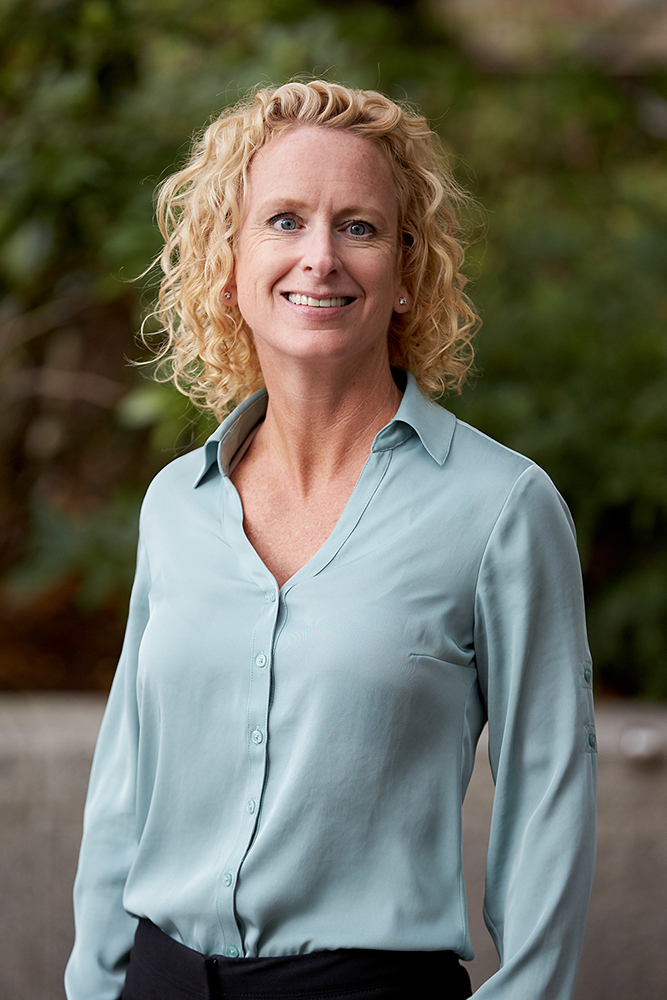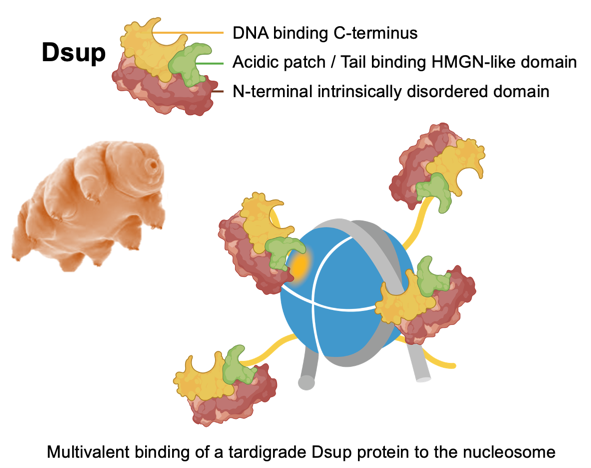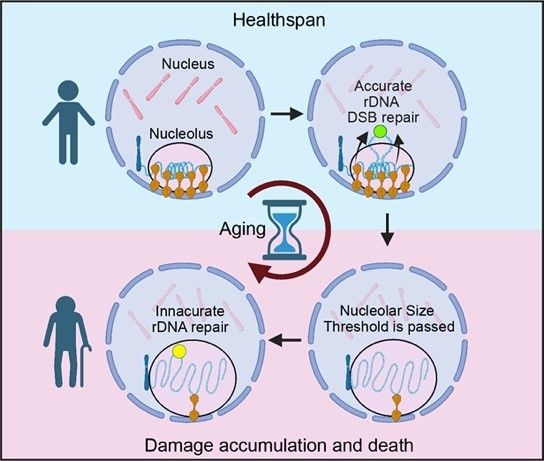
Research
Increasing age is the highest risk factor for cancer, cardiovascular disease, metabolic disorders and neurodegeneration. The Tyler focuses on understanding the molecular changes that accompany aging and lead to cellular dysfunction and death. Because studying aging in humans is a rather lengthy task, they use a simpler eukaryote (budding yeast) that possesses many of the same evolutionarily conserved pathways. This allows them to rapidly gain novel insights into the aging process and use innovative approaches including microfluidics. Their goal is to understand and potentially reverse the molecular changes that accompany aging, and thus increase lifespan and healthspan.
One long standing interest to researchers in the Tyler lab is how the cell normally limits the occurrence of genome instability. In one recent project, the lab created yeast that produced large amounts of a protein called Dsup from a tardigrade, also known as water bears – the most radiation resistant eukaryote on the planet. They found this tardigrade protein used a variety of approaches to bind the nucleosomes that make up the chromosomes. This Dsup coating protects the genome from damage and allows yeast to live longer.

They also study how epigenetics (the layer of information that controls the use of the genetic information) and chromosomal processes regulate DNA stability and why genome instability increases during aging, causing cancer and driving neurodegenerative disorders. Most recently, Tyler and her lab have characterized specific types of genome rearrangements during aging and strive to uncover how they occur in old cells. They plan to leverage this information to develop interventions / therapeutics to prevent genome instability in old cells to extend lifespan.

Current Projects:
- Aging and anti-aging
- Epigenetics
- Genomic integrity
Bio
Tyler earned her Bachelor’s Degree in Biochemistry from the University of Sheffield in 1990 and her PhD in Molecular Virology from the MRC Virology Unit at the University of Glasgow in 1994. She did her postdoctoral work under the mentorship of Jim Kadonaga at UCSD. In 2000 she was appointed Assistant Professor at the University of Colorado School of Medicine, and after rising-up the ranks to Tenured Professor, she moved to MD Anderson Cancer Center as a CPRIT Rising Star in 2010. Since 2015, Tyler has been a Professor at Weill Cornell Medicine.
Distinctions:
- Fellow of The American Association for the Advancement of Science (2017)
- National Academy of Sciences Kavli Fellow (2011)
- University of Glasgow Tenovus Medal (2010)
- AACR Woman in Cancer Research Charlotte Friend Memorial Award (2009)
- Leukemia and Lymphoma Society Scholar (2005)
- Hans Krebs Prize in Biochemistry (1990)
Selected publications:
Transcriptional inhibition after irradiation occurs preferentially at highly expressed genes in a manner dependent on cell cycle progression. Chen, C., Wang, X., Gao, X., Arslanovic, N., Chen, K., Tyler, J.K., BioRxiv preprint 2023.
Multivalent binding of the tardigrade Dsup protein to chromatin promotes yeast survival and longevity upon exposure to oxidative damage. Aguilar, R., Khan, L., Arslanovic, N., Birmingham, K., Kasliwal, K., Posnikoff, S., Chakraborty, U., Hickman, A.R., Watson, R., Ezell, R.J., Willis, H.E., Cowles, M.W., Garner, R., Shim, A., Gutierrez, I., Marunde, M.R., Keogh, M-C., Tyler, J.K., Research Square preprint 2023.
DNA-PK promotes DNA end resection at DNA double strand breaks in G0 cells. Fowler, F.C., Chen, B-R., Zolnerowich, N., Wu, W., Pavani, R., Paiano, J., Peart, C., Chen, Z., Nussenzweig, A., Sleckman, B.P., Tyler, J.K., 2022 Elife.
